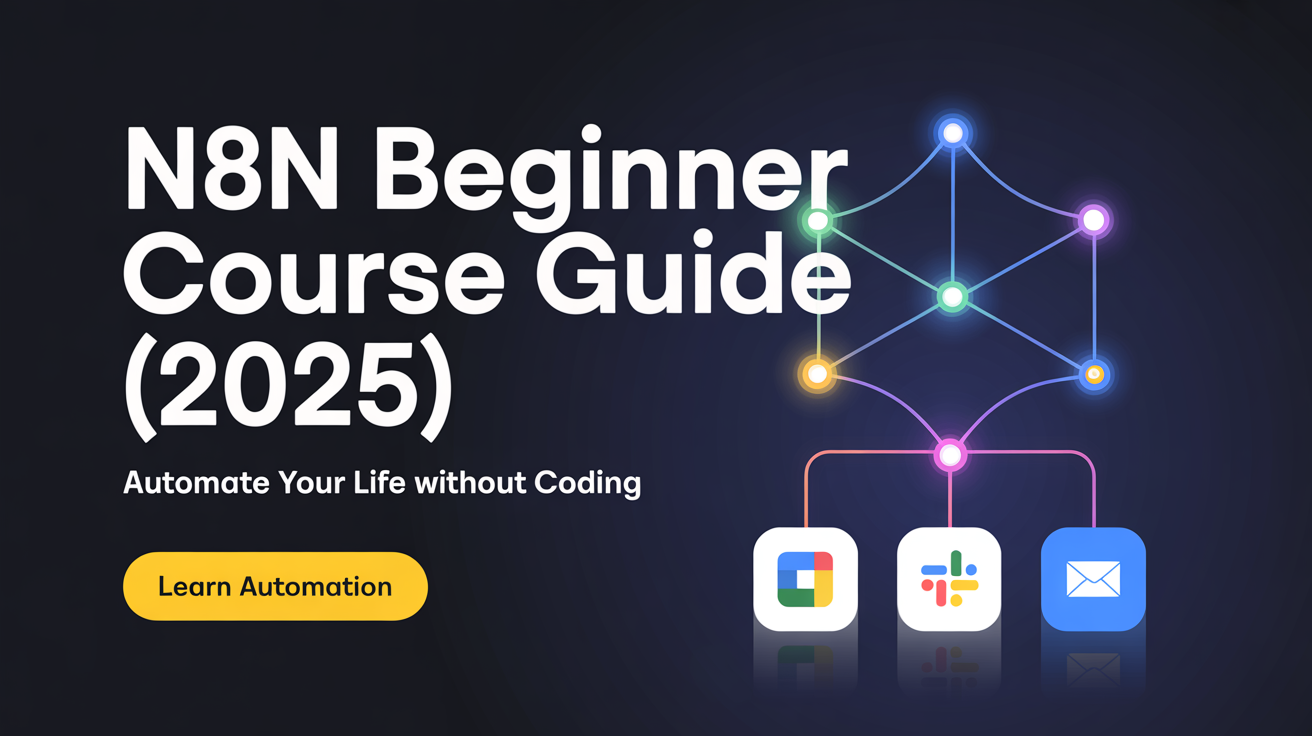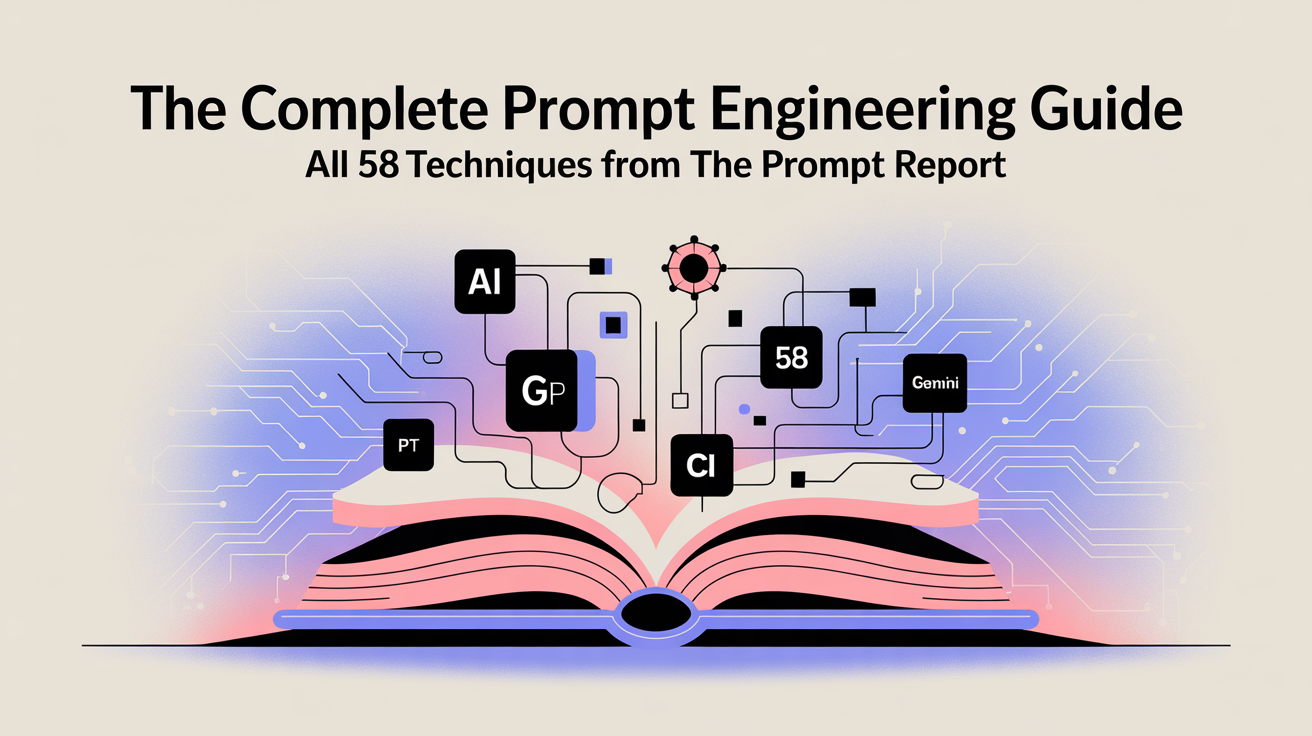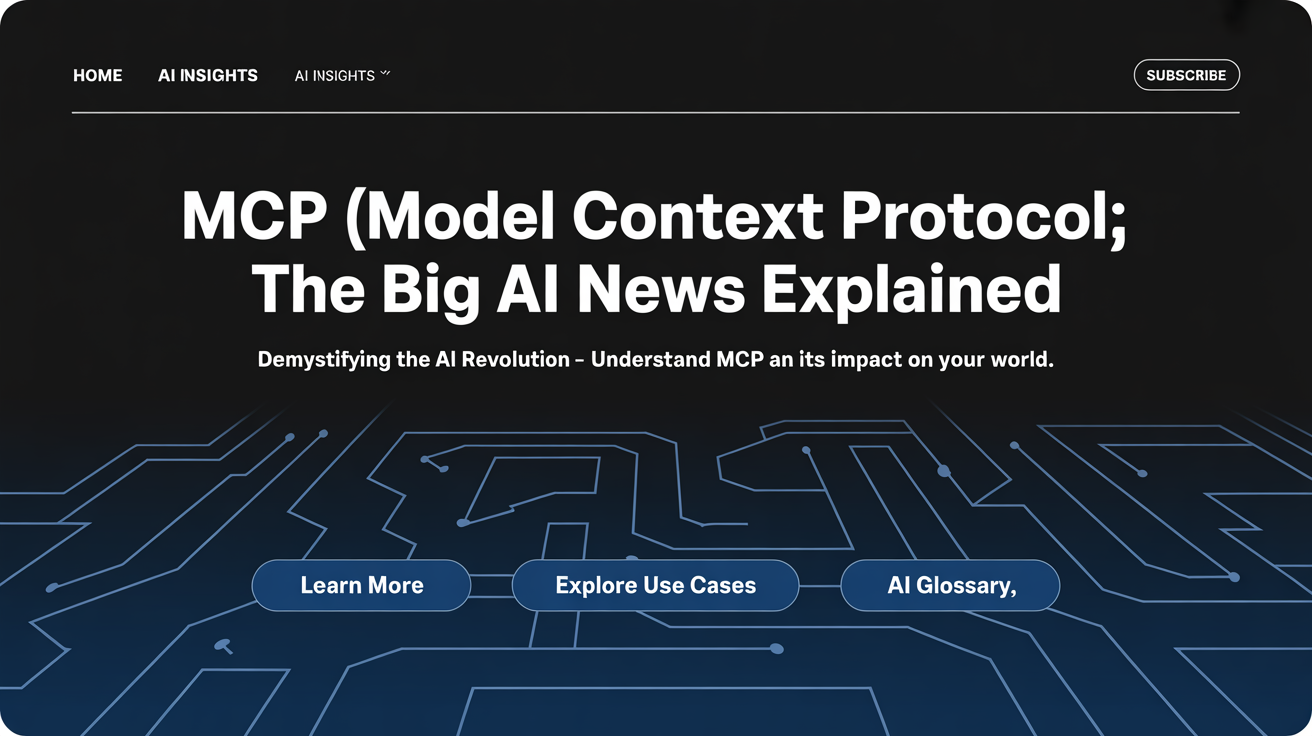The Prompt Report: What 1,500+ Research Papers Taught Us About Talking to AI

Struggling to get good answers from ChatGPT, Claude, or other AI tools? You're not alone. Most of us are basically "winging it" when we type questions into AI chatbots, hoping for the best. But what if there was actual science behind how to talk to AI effectively?
Good news: There is! A comprehensive research study called "The Prompt Report" analyzed over 1,500 academic papers to figure out what actually works when communicating with AI. I spent hours digging through this 80-page research report so you don't have to, and I'm excited to share what it means for regular people like us.
What you'll learn in the next 5 minutes:
- The simple techniques that actually make AI give better answers
- Which popular "prompt tricks" don't work as well as people think
- How to immediately improve your results with any AI tool
- Why this research matters for non-technical AI users
What Is The Prompt Report Actually About?
The Biggest AI Communication Study Ever Done
Think of "The Prompt Report" like a massive scientific study about how to talk to AI effectively. Led by Sander Schulhoff from Learn Prompting, a team of 32 researchers from top institutions like OpenAI, Google, Microsoft, Stanford, and Princeton spent months analyzing every academic paper they could find about "prompting" (the fancy word for how you give instructions to AI).
Here's what they did in simple terms:
- Read and analyzed 1,500+ research papers about AI communication
- Identified 58 different techniques people use to get better AI responses
- Tested these techniques to see which ones actually work
- Created an 80-page report with their findings
- Made it all freely available to everyone
What Does It Cost?
The great news: The Prompt Report is completely free! You can read the full research paper and access all the techniques on Learn Prompting's website. They've also created free guides explaining all 58 techniques in beginner-friendly language.
Hidden costs: Your time. The full report is 80+ pages of academic language. The practical guides are much more accessible, but there's still a lot to digest.
Value assessment: This is incredibly valuable free education. These research findings could save you hours of frustration trying to figure out why AI isn't giving you good answers.
Where Can You Use These Findings?
Works With Any AI Tool
The beautiful thing about this research is that it applies to virtually any AI tool you might use:
- ChatGPT (all versions)
- Claude (Anthropic's AI assistant)
- Google Gemini (formerly Bard)
- Microsoft Copilot
- Any other text-based AI tool
Device and Access Requirements
- Works on: Any device that can access AI tools (computer, phone, tablet)
- Browser requirements: Whatever your chosen AI tool needs
- Geographic restrictions: None - this is about communication techniques, not specific tools
- Internet needs: Just whatever your AI tool requires
Where to Access the Information
- Main research paper: Available on Learn Prompting's website
- Practical guides: Free documentation for all 58 techniques
- Blog summary: Detailed breakdown of findings for general audiences
Who Created This and Why Should You Trust Them?
The Research Team's Credentials
Lead researcher: Sander Schulhoff, who literally wrote the first prompt engineering guide on the internet (even before ChatGPT existed) and has taught over 3 million people how to use AI effectively.
Contributing institutions: This isn't just one person's opinion. Researchers from OpenAI (makers of ChatGPT), Microsoft, Google, Stanford University, and Princeton University all contributed to this study.
Track record: The Learn Prompting team has been studying AI communication longer than almost anyone, and they run HackAPrompt, the world's largest AI security competition.
Who This Research Is Really For
Perfect for:
- Anyone who uses AI tools regularly but feels like they're not getting great results
- People who want to understand what actually works (not just random tips from social media)
- Non-technical users who want evidence-based techniques
- Business users trying to be more productive with AI
Also valuable for:
- Students using AI for research and writing
- Content creators working with AI tools
- Anyone curious about the science behind AI communication
Less immediately useful for:
- Complete AI beginners who haven't used any tools yet (start with basic tutorials first)
- People looking for step-by-step software instructions (this is about communication principles)
When Was This Released and Why Now?
Research Timeline
Original release: The study was published in 2024 after months of research analyzing 1,500+ papers Blog summary: Learn Prompting published accessible summaries throughout 2024 and into 2025 Why this matters now: While this research is from 2024, most AI users still don't know these evidence-based techniques
Perfect Timing for AI Users
Current relevance: With AI tools becoming mainstream, knowing how to use them properly is becoming a crucial skill Industry timing: AI capabilities are improving rapidly, but many people are still using outdated or ineffective communication methods Your timing: Whether you're new to AI or have been using it for months, these evidence-based techniques can immediately improve your results
Why Does This Research Matter to You?
Real Problems This Solves
Frustration with vague AI responses: Learn specific techniques that make AI give you more detailed, useful answers
Wasted time re-prompting: Stop guessing what to ask and start using proven methods that work consistently
Inconsistent results: Understand why sometimes AI gives great answers and sometimes terrible ones
Feeling overwhelmed by AI "tips": Cut through the social media noise and focus on what research actually proves works
Why This Beats Random Internet Tips
Evidence-based: These aren't just someone's personal opinions – they're techniques tested across 1,500+ research studies
Comprehensive: Instead of learning random tricks, you get a complete system of proven communication methods
Tool-agnostic: Works with any AI tool, so you don't need different techniques for each platform
Constantly updated: As AI tools improve, these fundamental communication principles remain valuable
Honest Limitations
Academic language: The full report is written for researchers, not regular users (though summaries are more accessible)
Not magic: Even the best techniques can't make AI do things it's fundamentally not capable of
Learning curve: There are 58 different techniques – you don't need to master them all, but it takes time to learn which ones work best for your needs
Still evolving: AI technology changes rapidly, so some specific findings may become outdated
How to Actually Use These Research Findings
Start With These Top 3 Techniques (Based on the Research)
1. Few-Shot Prompting: Show Examples Instead of: "Write a professional email" Try: "Write a professional email. Here are two examples of the style I want: Example 1: [paste a good email you've written] Example 2: [paste another example] Now write an email about [your topic]"
2. Chain-of-Thought: Ask for Step-by-Step Thinking Instead of: "How should I approach this problem?" Try: "Walk me through step-by-step how to approach this problem. Show your reasoning for each step."
3. Role Prompting: Give AI a Specific Identity Instead of: "Help me with my budget" Try: "Act as an experienced financial advisor. Help me create a budget for someone in my situation [describe your situation]"
Step-by-Step Implementation Process
Week 1: Try the Big 3
- Pick one AI tool you already use
- Test the three techniques above with your normal questions
- Compare the results to your usual prompting style
- Notice which technique works best for your typical tasks
Week 2: Dive Deeper
- Visit Learn Prompting's free guide to the 58 techniques
- Pick 2-3 more techniques that seem relevant to your work
- Practice them with real tasks you need to accomplish
- Start building your own library of effective prompts
Week 3: Optimize and Personalize
- Combine techniques that work well together
- Create templates for your most common requests
- Share what works with colleagues or friends
- Keep refining based on your results
Getting Help When You're Stuck
Free resources: Learn Prompting's website has detailed guides for every technique Community support: Reddit communities like r/ChatGPT and r/artificial are full of people experimenting with these techniques Official documentation: Each AI tool has its own prompting guides that complement this research Practice approach: Start simple and gradually try more complex techniques as you get comfortable
Real Examples of What This Research Revealed
Surprising Findings That Challenge Common Assumptions
"Please" and "thank you" don't actually help: While being polite to humans is important, research shows these courtesy words don't improve AI responses
Longer prompts often work better: Despite popular advice to "keep it simple," detailed prompts with context and examples typically produce better results
AI can be incredibly literal: What seems obvious to humans often needs to be explicitly stated for AI
What Actually Works (With Examples)
Before applying research: "Make this email better" After applying research: "Act as a professional communications expert. Rewrite this email to be more persuasive and action-oriented. Keep it under 150 words and maintain a friendly but professional tone. Here's the email: [paste email]"
Result: The second approach gives you much more specific, useful output because it includes role assignment, clear objectives, constraints, and context.
Comparison With How Most People Actually Use AI
Typical user approach: Short, vague questions hoping AI will "figure out what I mean" Research-backed approach: Detailed prompts with examples, context, and specific instructions Time investment: Takes 30 seconds longer to write a good prompt Results improvement: Often dramatically better, more useful responses
The Bottom Line: What You Should Do Right Now
This research basically proves what many of us suspected: there's a big difference between randomly typing questions into AI and actually knowing how to communicate with it effectively. The good news is that these aren't complicated programming techniques – they're communication strategies that anyone can learn.
If you use AI tools regularly, this research will genuinely help you get better results. If you're new to AI, learning these evidence-based techniques from the start will save you months of frustration.
Ready to try these techniques? Here's your next step:
- Visit the Learn Prompting blog post about The Prompt Report to read their accessible summary
- Pick one AI tool you already use and try the "Few-Shot Prompting" technique today
- Browse their free guide to all 58 techniques when you're ready to go deeper
- Join our community discussion below to share what works for you
Questions about applying these research findings? Ask in the comments – I'll help you figure out which techniques might work best for your specific needs, and our community of AI learners can share their experiences too.
What's your biggest frustration with AI tools right now? Share it below and let's see if The Prompt Report's findings can help solve it!
Want to Learn More? Check These Out:
- The Prompt Report Official Blog Post - Accessible summary of all research findings
- Learn Prompting's Free Guide - Step-by-step tutorials for all 58 techniques
- Google's Prompting Essentials Course - Free beginner course that complements this research








